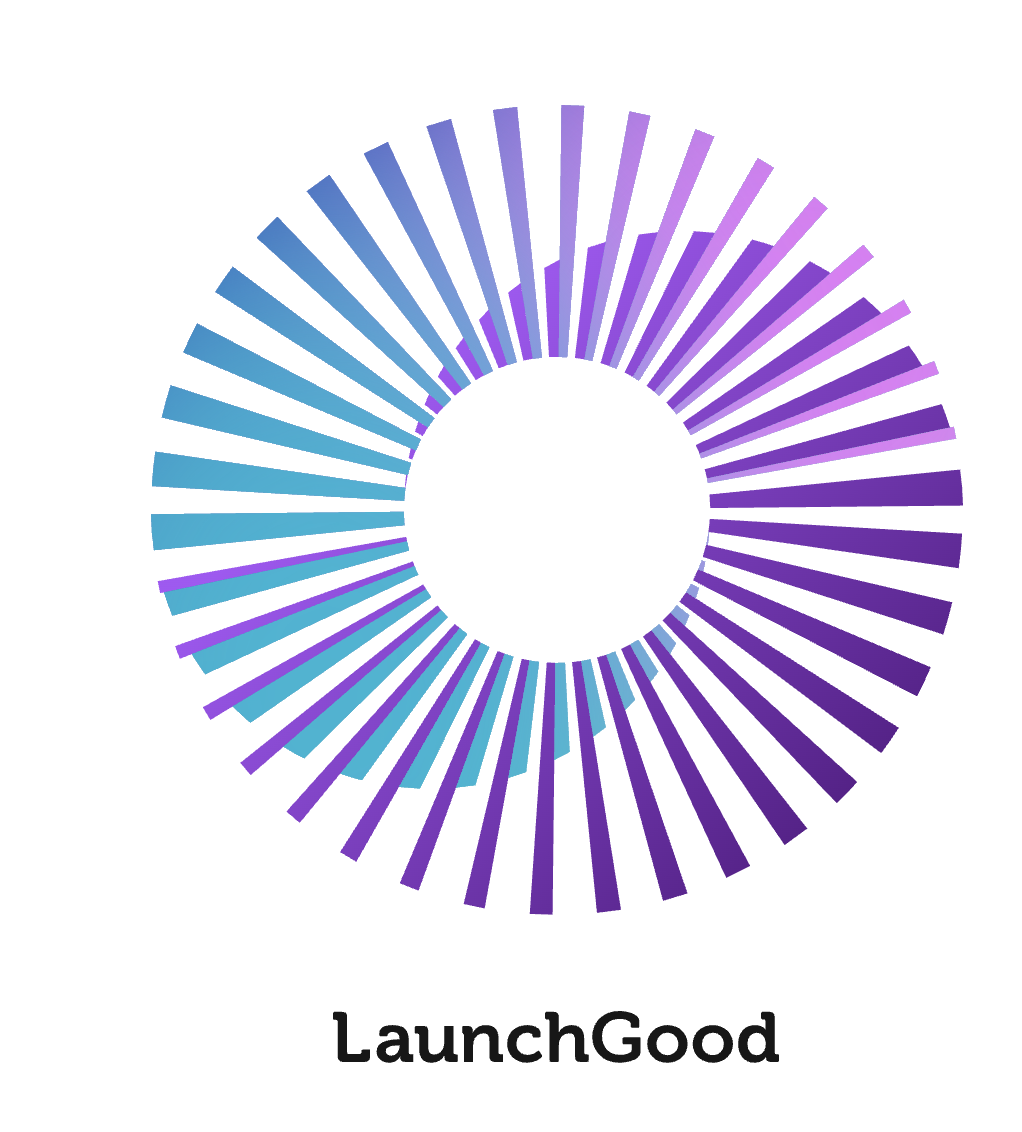LaunchGood is releasing a brand-new Zakat policy, combining pluralism and authenticity. This is the first time any charity or platform has approached Zakat this way, and we’re really excited to bring this new approach to Zakat to you!
In our last blog, we teased the concept of the policy. It’s similar to a Prayer-App. You can log on and customize your settings in the same way that you would in a Prayer-App.
In this blog, we’re going to get a little bit more detailed about what exactly that means. We’re going to try to share some finer details with you all, because we want to be building and releasing this policy in real time. That gives you all the chance to ask questions and challenge us on points if you like. We’re very serious about honoring our scholarly tradition.
So, what exactly does the new policy include? In a sentence:
LaunchGood’s Zakat Policy verifies campaigns against all major schools of Islamic Law (Hanafi, Shafi, Maliki and Hanbali), and respected contemporary opinions.
There’s two big chunks to what the policy will include (1) all major schools of Islamic Law, and (2) respected contemporary opinions. Let’s dive into each.
There’s 4 major schools of Islamic Law (historically, there’s been even more! But we’ll save that for another blog 😉). In some matters, the different schools approach Zakat differently. Some examples of this include:
- The Hanafi school does not accept the Zakat to be spent on “Reconciling Hearts”
- The Hanbali school allows Zakat to be given to non-Muslims in very specific cases
- The four madhabs don’t allow Zakat to be used on public projects that benefit poor communities (such as wells, water filtration systems), but some contemporary scholars allow it
Our policy will verify campaigns according to the rulings across all 4 schools of Islamic Law. We’ve consulted widely-taught and well-known texts to build our policy, and then we’ve had the policy approved by expert jurists in each school. In future blogs, we’ll be introducing our in-house Mufti, the amazing scholars we’ve been working with, and the texts we’ve been reading.
The second big chunk that our policy will include is respected contemporary opinions. This is where things get a bit more complicated. For now, we’ll say that we have included a balanced and parameterized approach to the category of Fi Sabillilah.
What does that mean I hear you ask! Stay tuned.
LaunchGood

.png)


